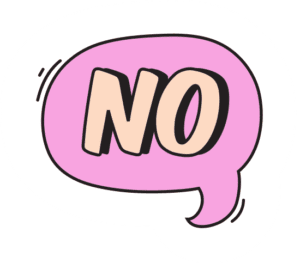
7 Tips for Creating Your Financial Freedom
Financial freedom is the state where an individual possesses sufficient wealth, resources, and passive income to sustain their preferred way of life without the necessity of working for an income.
It means having enough money to cover all expenses and financial goals, such as retirement, travel, and education, without the need to worry about running out of funds.

KEY TAKEAWAYS
- Make a list of your life goals, big and small, financial and lifestyle, and create an action plan to reach them.
- Stick to a budget that covers all of your financial needs.
- Make sure you pay off your credit cards in full, carry as little debt as possible, and keep an eye on your credit score.
- Set up an emergency fund and contribute to your employer’s retirement plan to automate your savings.
- It is cheaper to maintain your belongings than to replace them.
Financial freedom is achieved when one has enough financial independence to make choices that align with their values and goals, rather than being constrained by financial concerns or obligations.
This can be achieved through strategies such as saving and investing, reducing debt, and building passive income streams.
Here are 7 Tips for Creating Your Financial Freedom
- Set Financial Goals – Define your short-term and long-term financial goals and establish a plan to achieve them. I think having goals allows you to see the future, and set small steps for you to achieve them so you don’t bury your head in the sand and not look towards what you want to do in life. One massive goal of mine is to travel as much as possible.

- Create a Budget – It is advisable to establish a financial plan that monitors your earnings and expenditures, allowing you to live within your means. Be sure to designate a portion of your funds for savings and investments, as this will prove vital for your future.

- Reduce Debt – It’s important to focus on paying off any debts that you currently owe, like credit card balances and loans. Try to avoid incurring any new debts or interest charges.

- Build Savings – It’s important to have an emergency fund that can cover your living expenses for at least 3 to 6 months. Additionally, it’s wise to start saving for long-term goals, like investing in a portfolio or making a down payment on a house.

- Increase Your Income – Another way to improve your financial situation is to explore options for increasing your income. This could involve negotiating a raise at work, pursuing a side business, or considering investment opportunities in rental properties.

- Make Smart Investments – Opt for a diversified asset portfolio that matches your risk tolerance and financial objectives when investing your savings. Collaborating with a financial advisor to devise a plan is recommended.

- It’s wise to live below your means and steer clear of overspending and unnecessary expenses. By doing so, you can invest the difference and achieve financial stability. Being able to say no to things you don’t value or want is liberating and fosters self-awareness.

Always keep in mind that gaining financial independence requires dedication and patience. It’s crucial to remain committed to your objectives and take gradual steps every day to attain them.
If you are inspired by this post and want to learn more about what you can do to achieve financial freedom, have a look at my other posts.
Passive Income in the UK in 2023
Everyday Money Management Habits

